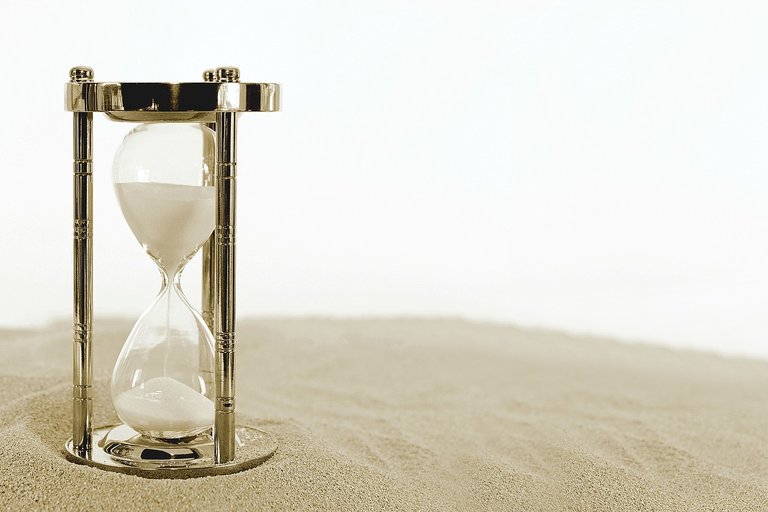Hello fellow Steemians!
So, I've been reading this book - Alienation and Acceleration written by a German sociologist Hartmut Rosa - for an upcoming exam for one of my philosophy courses, and it turns out the book is abundant in intriguing ideas and thoughts about how the functioning of modern Western society affects our lives.
Throughout his book, the author tries to uncover the reasons why so many people today are unhappy with their lives.

He states that today's ideal life is a fulfilled life, meaning that there is a certain pressure in the society that we should experience and achieve as many things as possible. If we don't, we might feel like we're falling behind on life. The problem is that the number of possible things to see, be and do is constantly growing because the world changes at a growing speed, and yet, we still have the same 24 hours per day. The amount of our responsibilities and tasks also keeps rising, so we keep inventing new ways to save our time, but the joke's on us! You see, new inventions almost always bring plenty of new possibilities. This is not bad per se, but the thing is that even though we saved some time, we also gave ourselves more work to do.
Rosa illustrates this on the example of letters and e-mails. Let's say that 100 years ago, it took you cca 2 hours to answer 10 letters. Today it takes you maybe an hour to answer 10 e-mails. So, you saved an hour of your time, right? Yes, but you don't really get just 10 e-mails per day, do you? You may get 20, 50, or even more. And they may come at any time of day. Today, answering all your e-mails can be mission impossible.
This can be applied to almost all aspects of our lives. This is why we constantly feel we don't have enough time. There's always some tedious task to do, and we want to experience so many things and there's so much to do, and time is so limited... and the pressure and frustration in us rise. Rosa even believes that this might be an underlying cause of the rise of depression and other mental illnesses.

All of this, he believes, leads to alienation, or detachment, both from ourselves and the world around us. He defines the modern-day alienation as:
... the feeling of not really wanting what you do even though you act from your own free decision and will.
So, basically, we voluntarily do things we don't want to do. We often ignore our real wants because they would cost us our valuable time which we feel we don't really have, and so we spend our time doing things we don't really want to. For instance, you decide to do the dishes, but what you really want to do is go for a walk with your dog. This is not a problem if it happens occasionally, but if it becomes a predominant way of living, then we become detached from our own self and we start to suffer.
Now, I believe we can take something valuable from this. It made me think about my life, and how I quite often choose to do the things I don't really want to do, like scrolling through Instagram or Facebook instead of reading or doing yoga because "it'll just take me a minute." We're all familiar with that sneaky lie that steals our time and doesn't really do us any good. But I think we can all help ourselves if we just put more conscious thought into our choices, and why we decide to do one thing instead of another. If we can decide to make time for things that we want, I believe that by doing so we can also increase the quality of our lives.

So find the time.
Do what you want to do.